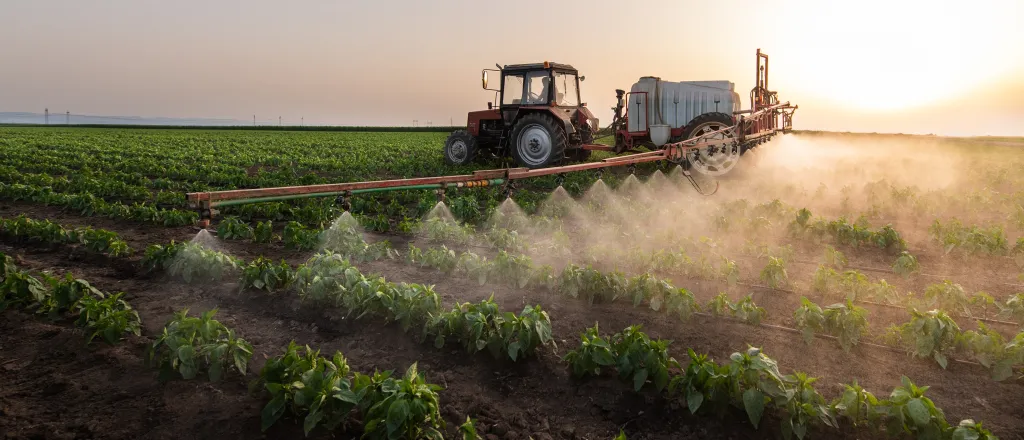
Texan tapped as ag secretary in upcoming Trump administration
© fotokostic - iStock-1324890919
Click play to listen to an abbreviated version of this article.
President-elect Donald Trump has picked long-term ally Brooke Rollins to lead the Department of Agriculture. Her nomination is somewhat of a surprise; Kelly Loeffler, former U.S. senator, was rumored to be Trump's initial pick for the role. Rollins is also a surprising pick because she hasn't worked directly in agricultural policy.
Rollins acted as domestic policy director in the White House during Trump's first term, and has since gone on to preside over the America First Policy Institute (AFPI), a Trump-aligned think tank. She grew up on a farm in Glen Rose, Texas, which is known for its farming and ranching activities. Apart from her undergraduate degree in agricultural leadership and development from Texas A&M University, she doesn't appear to have much experience in agricultural policy.
Rollins took to X after the announcement, saying it will be the honor of her life to fight for America's farmers and agricultural communities. "This is big stuff for a small-town ag girl from Glen Rose, TX - truly the American Dream at its greatest. WHO'S READY TO MAKE AGRICULTURE GREAT AGAIN?" she wrote.
Reactions to the Nomination
If confirmed, Rollins will direct the U.S. Department of Agriculture (USDA) and its 100,000 employees, running on an annual budget of upwards of $437 billion. The USDA oversees food security, agricultural production, promotes rural development and provides financial aid to farmers and low-income families. The USDA was founded to carry out research on agriculture, and at its core, is a research-centered organization.
"Outside of a misdirected interest in Chinese ownership of U.S. farmland, Brooke Rollins appears to have no agricultural policy track record to comment on. Rollins' AFPI, described as the second Trump administration in waiting, has so little interest in farm policy that there are no agriculture experts listed on its website," Karen Perry Stillerman, deputy director of the Food and Environment Program at the Union of Concerned Scientists, said in a statement.
Stillerman added that this appears to be another example of Trump "doling out cabinet appointments for loyalty rather than expertise." Two of Trump's other picks also came from AFPI -- Linda McMahon, for Education Secretary, and Scott Turner as Secretary of Housing and Urban Development.
Industry groups appear to be optimistic about her nomination, however. The American Farm Bureau Federation said they're encouraged by her statement that she'd "fight for America's farmers and our nation's agricultural communities."
What Can We Expect From Rollins?
Importantly, Rollins has the upcoming new iteration of the Farm Bill ahead of her, which has significant sway over America's food systems. With Republicans having a majority in the House and Senate, the updated Farm Bill could repeal Proposition 12, a high-impact animal welfare law that banned certain kinds of extreme confinement of animals, and the sale of such products in California.
The Farm Bill is also crucial for food emissions and conservation. While Rollins hasn't said much publicly regarding climate change, the think tank she leads has published articles promoting fracking and criticizing the Paris Agreement.
Rollins' new role will likely overlap significantly with Robert F. Kennedy Jr.'s mission to "Make America Healthy Again," by eliminating certain pesticides and food additives, as well as reforming dietary guidelines.
But Kennedy's opposition to GMOs and pesticides poses "a significant threat" to American agriculture being a global leader when it comes to reducing its carbon footprint while maintaining high yields, Emily Bass, an associate director of federal policy at the Breakthrough Institute, tells Sentient. (Contrary to popular belief, for example, organic foods are usually less climate-friendly.)
"Should she be confirmed as the next U.S. Secretary of Agriculture, we hope Brooke Rollins will be a force to defend against RFK Jr.'s vision, and instead lead a USDA that recognizes the value of technology-forward advances," Bass says.
Dawn Attride wrote this article for Sentient.
















